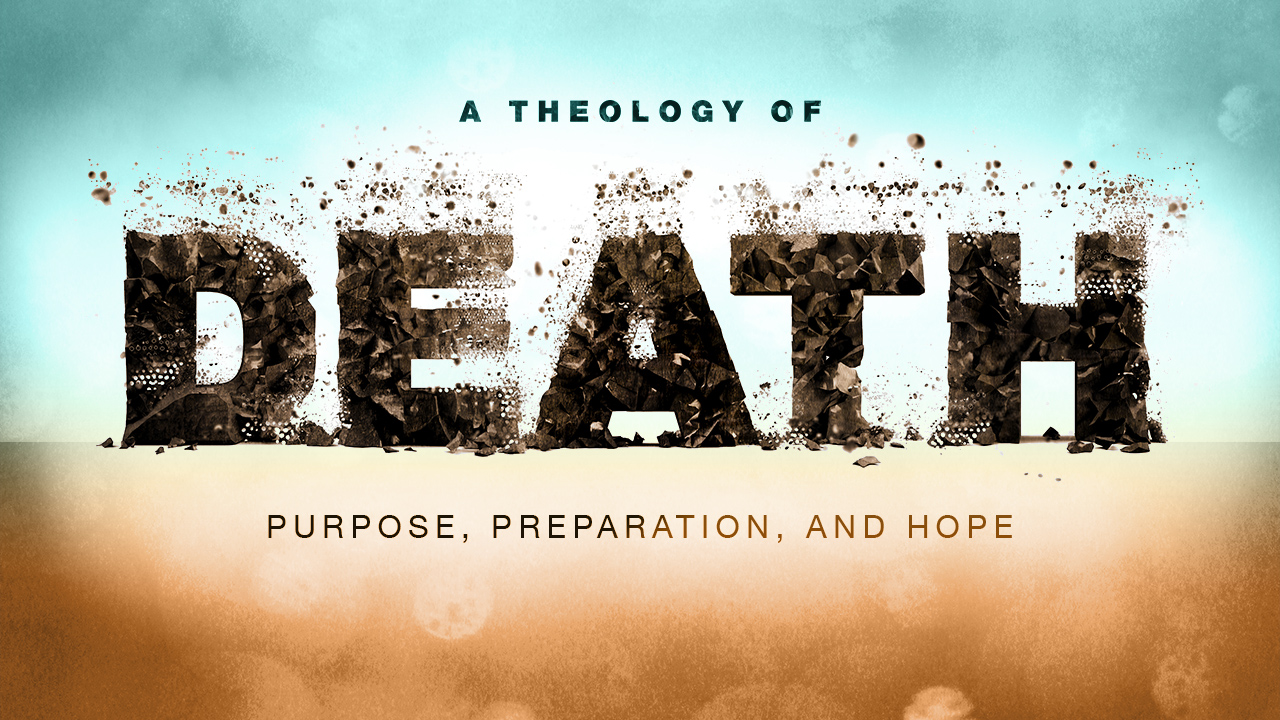
17 Feb Recap | Death Swallowed Up
In this final week of the Theology of Death series, Matt Williams began by recapping where we’ve been regarding the topic, reminding us that death is not a matter to be ignored, but rather one that should be integrated into our daily thinking. This week, we as a church were encouraged to find hope in the truth that death will one day be “swallowed up by life.” The life that is to come for the believer is by no means less of a reality than that which we presently see. In fact, we are merely living in a shadow world now; our future lives will be more real.
There is a general sense in which all of humanity realizes that our current state fails to live up to what life was meant to be. “Eden is in our blood,” Matt quoted. In 2 Corinthians 5:4-5, Paul acknowledges the present pain of unfulfilled expectations saying, “we groan and sigh.” He goes on to explain that this agony is not simply escaped by dying but rather by putting on “our new bodies” for a better life. It would seem as though death will forever overwhelm and overtake life, yet the irony is found in Paul’s proclamation that “these dying bodies will be swallowed up by life.” The apostle uses this same language in 1 Corinthians 15:54, “Death is swallowed up in victory.” Immediately preceding, in verse 52, Paul presents two realities for believers when the trumpet of judgment sounds. The dead will be “raised” and the living will be “transformed.” Just as Christ was raised in a physical body, so we too will experience bodily resurrection in order to dwell in a very physical world.
In Revelation 20:11-15 John expounds upon the idea of judgment as he describes the event before the Great White Throne. This day brings either condemnation or salvation, depending on whether one’s name is written in the Book of Life. Those whose names are not written in this book are judged for their own deeds. On the other hand, those whose names are found in the Book of Life are judged for Jesus’s deeds because they have put faith in His life, death and resurrection and can therefore enter the Kingdom. The fact that there are eternal consequences for rejecting Jesus is a hard truth, no doubt, but it is one that we must address. Christ died to bear the wrath of God in our place, so judgment must either land on Him or on us. A chapter later, John portrays a New Heaven and New Earth where God makes His home among His people and wipes every tear from their eyes. While there are indeed new things in this future world, there is still continuity between our present reality and the next. The past is brought to mind, but it is fully restored here. Even this restoration, however, is not the source of our joy. Ultimate joy is found in the greater restoration of being in the presence of Christ.
As a testimony to these truths, Greg Paulino shared his story of battling cancer. Greg recounts that when he came face to face with death he realized that he was powerless, and the only solution was to let go and trust God. The very thing that was meant to shut him down was what brought liberation. There is freedom in not having to fear death.
Points of Application:
In light of the glorious future for believers, our current groaning and struggles should prompt us to long for the next world, an idea that Paul writes of in detail in Romans 8. Dying becomes a spiritual discipline as it reorients our focus away from trivial matters and toward the Kingdom of God. In the meantime, we find comfort in knowing that God will judge this broken world that disappoints us time and time again.
Understanding God’s sovereignty over death means that we can trust Him with the difficult questions. The pain of loss is hardly removed, but there is peace to be found in trusting that “God is always so far ahead of us in compassion,” as Matt put it. He does not answer all of our questions but instead came Himself to suffer and die, and in this we find that He is trustworthy. Finally, the reality of death must impact the way we live today. Even the most noble of interests, such as family, can distract our focus from that which truly matters. And yet it is death, the thing that appears to take everything away from us, which fixes our eyes upon our final salvation in Jesus Christ and ultimately leads us into His presence.
-Ashley Galloway


